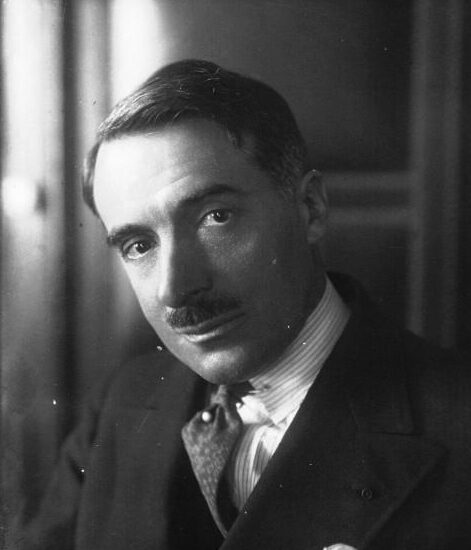Raoul Dautry was a pivotal figure in the post-World War II European recovery, leaving his mark in both urban development and international scientific collaboration. Born in the late 19th century, Dautry played a significant role in France’s transition into the modern age, especially through his work in reconstruction and his involvement in the establishment of CERN, the European Organization for Nuclear Research.
Dautry’s early career was marked by his expertise in railway engineering, but it was his appointment as the Minister of Reconstruction and Urbanism that solidified his legacy. In this role, he commissioned notable architects like Le Corbusier to rebuild war-torn cities such as Marseille. This decision led to the construction of the iconic Marseille Housing Unit, an architectural marvel that epitomized the Brutalist style and sought to address the housing crisis through innovative urban planning.
However, it was in the realm of science that Dautry’s influence was most profound. Alongside other visionaries like Niels Bohr and Pierre Auger, Dautry championed the idea of a European nuclear research facility. This vision materialized with the founding of CERN in 1954, an institution that would become a cornerstone of global scientific research, hosting groundbreaking experiments in particle physics.
Dautry’s contributions were not limited to his professional achievements. His foresight in promoting international collaboration and his commitment to rebuilding a war-torn Europe reflect his broader impact on history. His legacy is a testament to the power of cooperative endeavors in advancing both scientific knowledge and societal progress.


